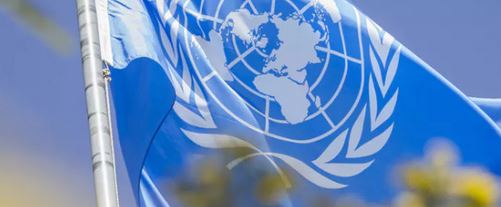×
The Standard e-Paper
Smart Minds Choose Us

The European Union has allocated Sh230 million (€2.025 million) to the United Nations Children’s Fund (Unicef) programmes in several refugee camps and settlements in Kenya.
European Union’s Commissioner for Humanitarian Aid and Crisis Management Christos Stylianides said the funding would ensure improved access to protection services and education for children and adolescents at the Dadaab and Kakuma refugee camps.